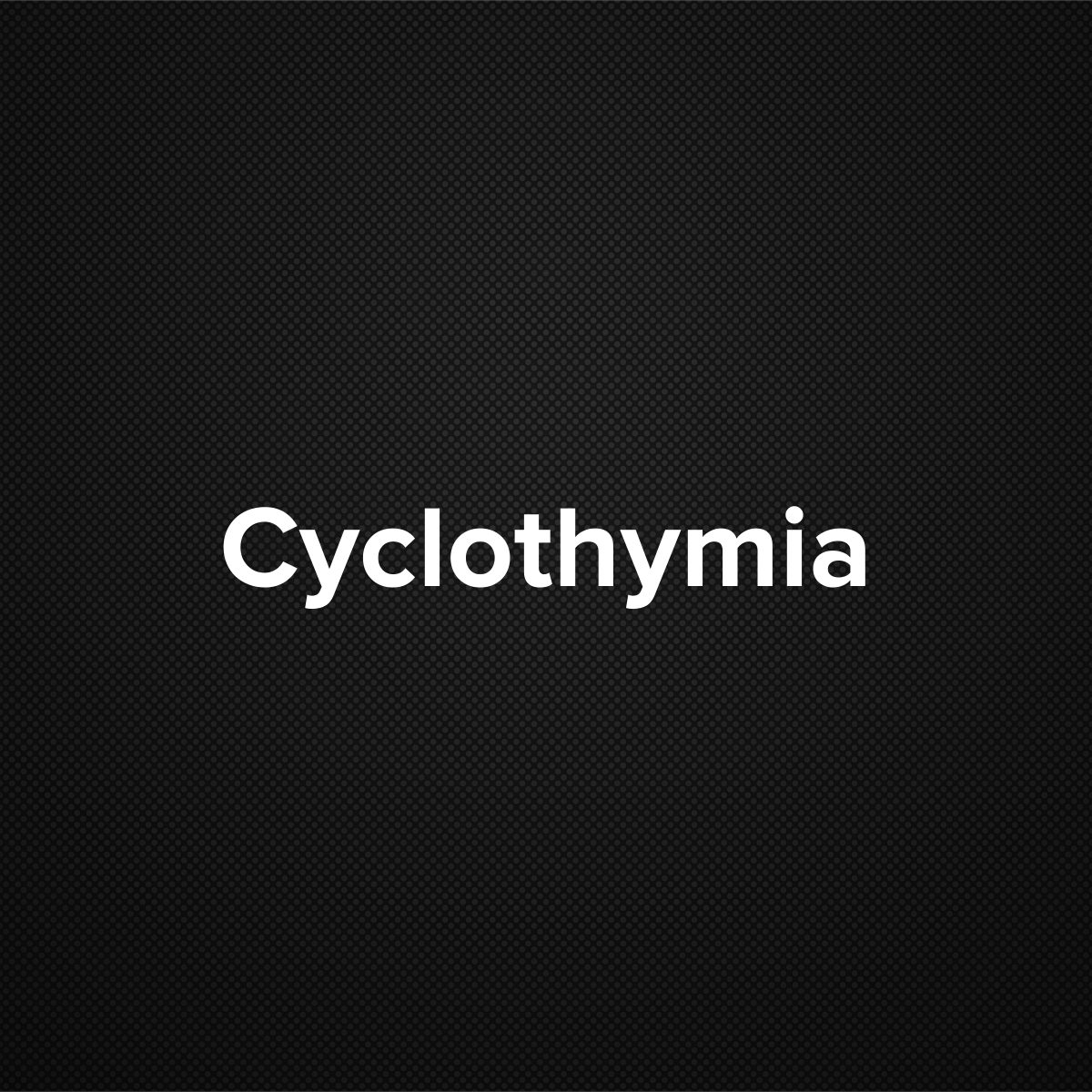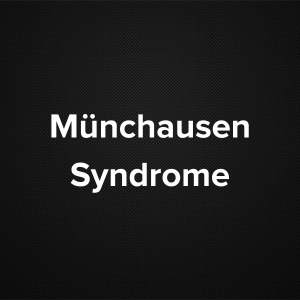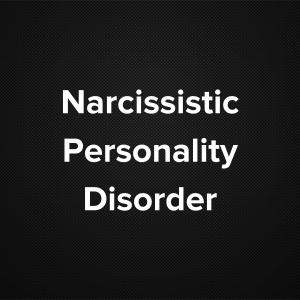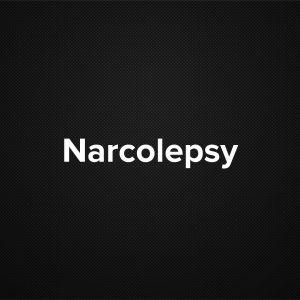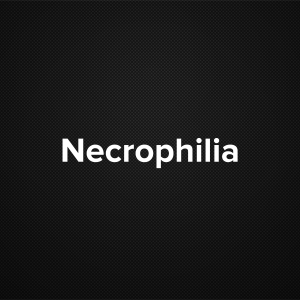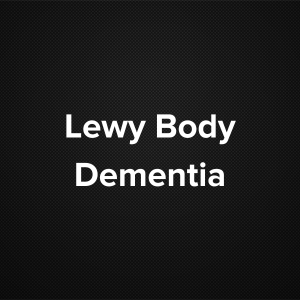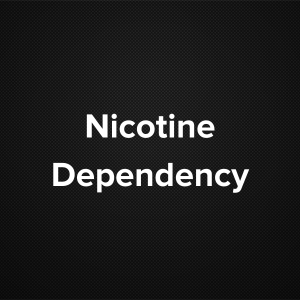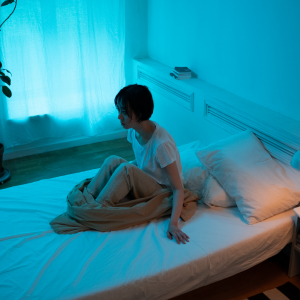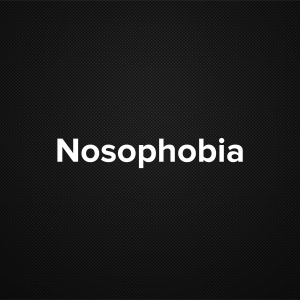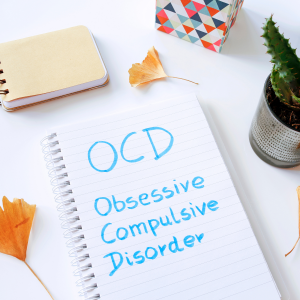Causative & risk factors
As with many mental conditions, the exact cause of cyclothymia is not known. It is probably genetic in origin. Those with a family history of cyclothymia or bipolar disorder have a higher risk of developing the same themselves.
Clinical presentation
The patient experiences fluctuation of moods ranging from a mild form of depression to hypomania. The pattern is unpredictable and the high or low mood can last for irregular intervals. Between these phases, the patient experiences normal mood for variable periods.
In the phase of hypomania, the patient is euphoric, aggressive and agitated. He is overly optimistic and can make rash decisions due to poor judgment. His libido and work drive increase and the need for sleep reduces.
In the depressive phase, the patient feels anxious, sad and hopeless. He feels guilty and suicidal and his libido reduces. He starts losing interest in activities he enjoyed earlier.
The symptoms can eventually progress enough to be labeled as ‘bipolar disorder’.
Investigations
Cyclothymia can be diagnosed based upon the patient’s symptom history.
According to the Diagnostic and Statistical Manual of Mental Disorders (DSM), the diagnostic criteria for cyclothymia include those below.
- You’ve had numerous periods of elevated mood (hypomania) and many periods of depressive symptoms for at least two years.
- Your periods of stable moods usually last less than two months.
- Your symptoms significantly affect you socially, at work, at school or in other important functions.
- You don’t have manic episodes, major depression or schizoaffective disorder — a combination of schizophrenia symptoms, such as hallucinations or delusions, and mood disorder symptoms, such as mania or depression.
- Your symptoms aren’t caused by substance abuse or a medical condition.
Treatment
Psychotherapy combined with medications like anti-depressants, anti-psychotics or mood stabilizers are recommended.
